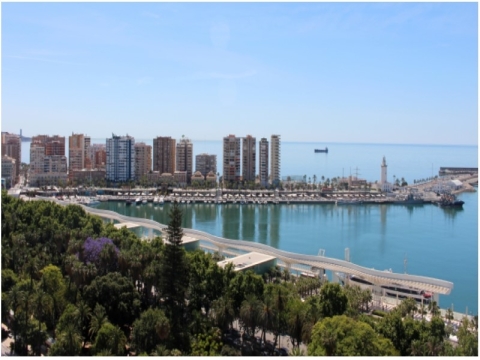Politics
European Parliament warn of China’s meddling in European critical infrastructure
China gaining access to infrastructure
USPA NEWS -
European critical assets, such as ports and transport networks, are susceptible to China’s influence and need to undergo mandatory screening to exclude suspicious investments, say the European Parliament on Wednesday. In a resolution, which was adopted by 565 votes to 26 and 31 abstention, the Parliament examine how China, through its so-called military-civil fusion (MCF) strategy, is increasingly gaining access to and exercising influence over European critical infrastructure. This includes sectors of vital importance for the EU, such as transport infrastructure and ports, telecommunications networks, rare metals and undersea cables.
MEPs point to the MCF strategy being a Chinese state-led and directed program that instrumentalizes all levels of state and commercial power to strengthen and support the Chinese Communist Party and its armed wing, the People’s Liberation Army. They are concerned this strategy is targeting technology transfer, with the objective of increasing China’s dominance in foreign countries and undermining geopolitical rivals.
While commending recent legislative steps taken by the EU to enhance the resilience of its critical infrastructure, MEPs are concerned these initiatives are limited to screening procedures for foreign direct investment, leaving other channels open for the Chinese Communist Party to gain access to and influence over European critical assets. Pointing to the continued vulnerability of Europe’s vital infrastructure, they call on the EU and member states to implement their expanded regulatory framework quickly to exclude entities that could contribute to MCF, especially in the field of technologies with military applications.
Limit foreign influence in EU ports
The same day, the European Parliament also adopted a resolution (585 votes to 21 and 26 abstentions) on a comprehensive European port strategy, prepared by Dutchman EP rapporteur Tom Berendsen, which stresses that ports play a crucial role in the economy, provide jobs, facilitate external trade, energy transition and decarbonization.
It recalls the intelligence agencies’ warnings about the risk the economic presence of non-EU countries in European ports could have on their economic dependence, espionage or sabotage. MEPs suggest that foreign influence in EU ports should be limited and call on the Commission and EU governments to urgently carry out a risk assessment of China’s and other non-EU countries’ involvement in maritime infrastructure, its impact on labor and the environment. They want a mandatory screening of foreign direct investments and more cooperation between EU countries in blocking suspicious investments in critical infrastructure.
In order to foster cooperation between EU ports and address the aforementioned issues, MEPs call for a European Port Summit and urge the Commission to present a European Port Strategy before the end of 2024.
Liability for this article lies with the author, who also holds the copyright. Editorial content from USPA may be quoted on other websites as long as the quote comprises no more than 5% of the entire text, is marked as such and the source is named (via hyperlink).






